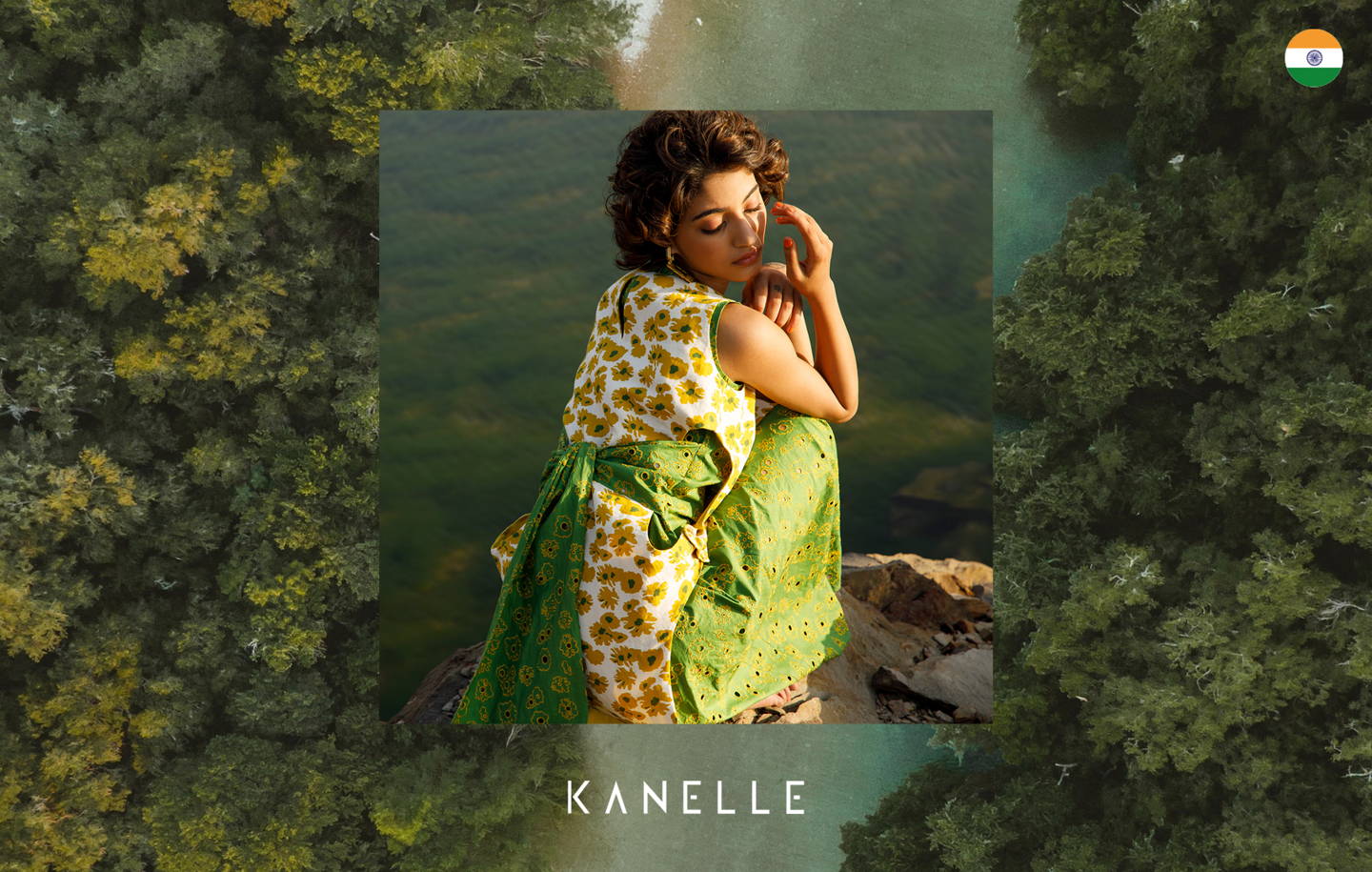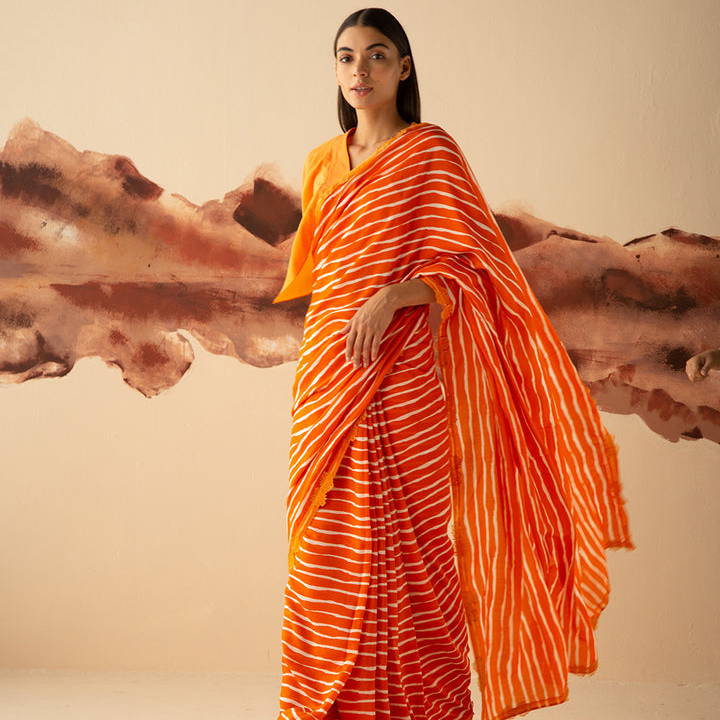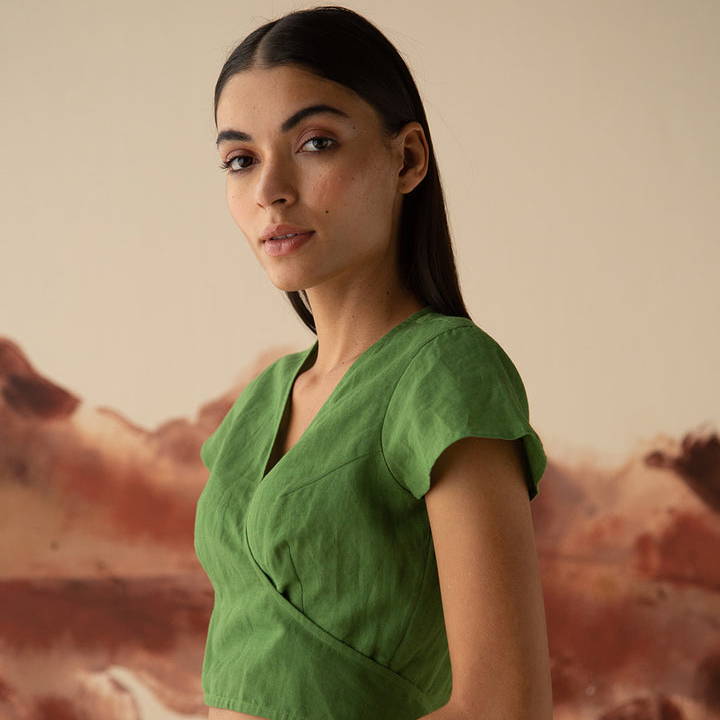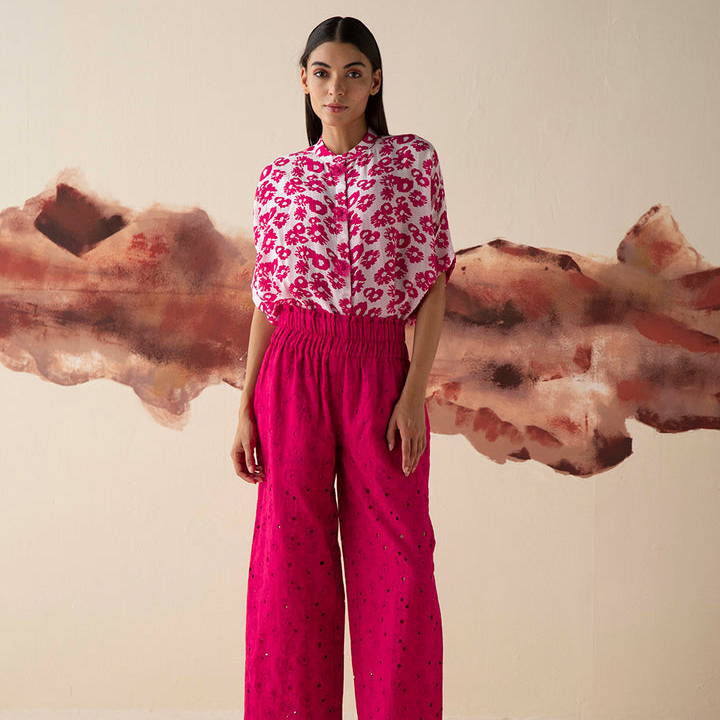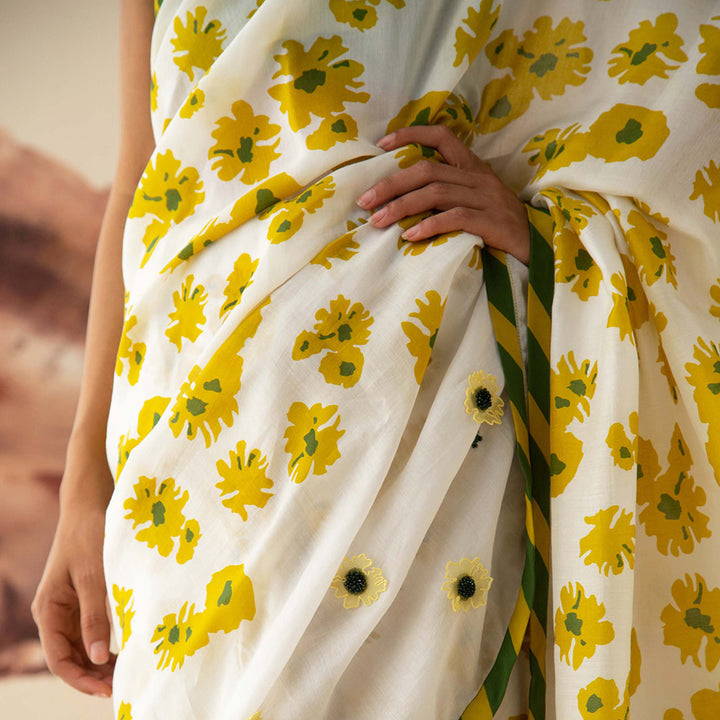Plain Tiger Spotlight: KANELLE
Fashion that lives. Fashion that breathes.
By Renee Fortune
What started out as an innate sense of curiosity about what fashion embodies for different people, became a talent that was embraced and nurtured – one that would eventually inspire Kanika to create KANELLE, a brand that pays homage to living and dressing timelessly.
Unlike some of her industry counterparts who aspire to fulfill a niche in the market, Kanika could never identify and cater to a specific type of woman. KANELLE is for every woman, and every woman wears KANELLE differently. It’s a brand for homeowners and homemakers, career women, free-spirited females, mothers, and everyone in between. It’s a brand built around three key descriptors – expressive, inclusive and transitional.
As Kanika explains: “With our 10 year long journey, we believe that now is the perfect time to add to our existing community of women who are not just customers, but have become our entourage. The women who wear and appreciate KANELLE, continue to support us and have gained trust in our design processes and the integrity of our products.”
Energetic shades of orange dance around specks of lime green, and pops of pink find their place amongst floral prints and geometric motifs. KANELLE is alive in its dynamic sense of energy and movement, with each garment designed to complement the body’s contours while providing the wearer with a sense of breathability.
Like all Plain Tiger brands, there is a philosophy behind it all. It is a philosophy that stands firm in its conviction that fashion should make the world a better place rather than cause harm. As an entrepreneur, Kanika has taken the mission to restore the earth onboard as a personal goal, playing her part by producing fashion that does not contribute to environmental pollution and degradation.




